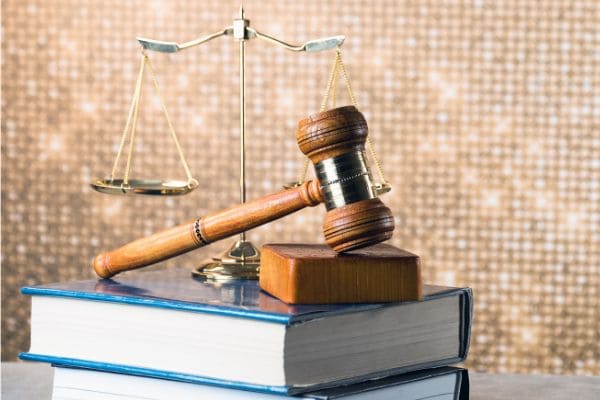
WHAT DOES CORPORATE CRIMINAL LIABILITY MEAN?
Legal entities such as corporations, associations, and foundations can now be criminally liable for specific corruption-related offenses, regardless of whether their directors or employees are individually tried or convicted.
This legal perspective acknowledges that the benefits of criminal conduct often remain within the organizational structure of a company, going beyond the actions of individual actors.
AUTONOMOUS LIABILITY OF LEGAL ENTITIES
A core feature of this framework is that the liability of the company is autonomous. In other words, it remains intact even in scenarios such as:
- When the individual perpetrator is unidentified or not convicted.
- If the natural person responsible dies, benefits from statute of limitations, or the case is dismissed.
- In corporate restructurings like mergers, spin-offs, or acquisitions, liability is transferred to the successor entity.
- When the company undergoes a façade dissolution but continues operations with the same clients, suppliers, and personnel.
For example, a construction company that continues operating under a new name after a merger, while maintaining the same structure, may still be criminally prosecuted if it was involved in prior acts of corruption.
CRIMES THAT TRIGGER CORPORATE CRIMINAL LIABILITY
Only specific crimes can give rise to criminal liability for legal entities. Bolivian law provides a closed list of offenses for which a company may be prosecuted:
- Money laundering (illicit gains legitimization)
- Illicit enrichment
- Active bribery (bribing public officials)
- Harmful contracts with the State
- Breach of public contracts
- Creation of fictitious or simulated companies or associations
This selective approach focuses criminal penalties on serious offenses that threaten public interest, particularly those that misuse State resources or undermine institutional integrity.
RESTRUCTURING DOES NOT EXTINGUISH LIABILITY
An essential provision relates to the legal consequences of corporate transformations, such as mergers, acquisitions, or demergers. In these cases, the resulting entity inherits the original company’s criminal liability. However, the imposed sanction may be proportionally adjusted, depending on the degree of continuity and involvement between the old and new entities.
This prevents companies from using restructuring tactics to escape penalties, while safeguarding the rights of third parties acting in good faith, such as employees and suppliers.
The inclusion of criminal liability for legal entities marks a milestone in strengthening Bolivia’s corporate anti-corruption framework. This legal model prevents companies from evading responsibility by hiding behind unidentified individuals or corporate restructuring. By clearly defining applicable offenses and ensuring the continuity of liability, Bolivia establishes a more effective and preventive mechanism to combat illicit conduct from within organizations.
Our law firm provides specialized services in corporate criminal law and regulatory compliance. If you need legal advice in this area, do not hesitate to contact our team.
Frequently Asked Questions (FAQs)
Can a company be criminally sanctioned without a conviction against its representatives?
Yes. The liability of a legal entity is autonomous and does not depend on prior convictions of its representatives.
What happens if a company changes its name or merges with another?
Criminal liability is transferred to the new entity, although sanctions may be adjusted proportionally.
What crimes can lead to corporate criminal liability?
Only money laundering, illicit enrichment, active bribery, harmful contracts, breach of public contracts, and creation of fictitious entities.
What does “apparent dissolution” mean?
It refers to a scenario where a company appears to be dissolved but continues operating with the same structure, clients, and suppliers.
How can a company avoid criminal liability?
By implementing compliance programs and internal controls that detect and prevent criminal behavior.
The content of this article does not reflect the technical opinion of Rigoberto Paredes & Associates and should not be considered a substitute for legal advice. The information presented herein corresponds to the date of publication and may be outdated at the time of reading. Rigoberto Paredes & Associates assumes no responsibility for keeping the information in this article up to date, as legal regulations may change over time.



